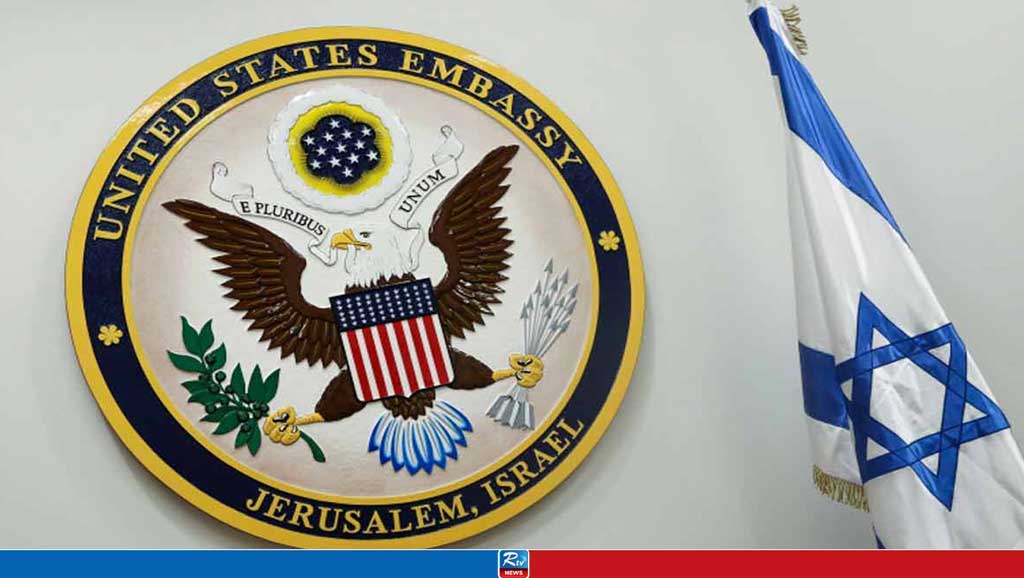Souring Pakistani-Iran Relations
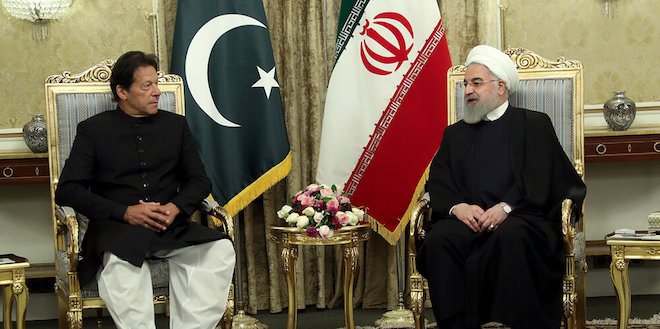
Pakistan and Iran have long been accusing each other of harbouring terrorists that carry out cross border attacks. Sunni majority Pakistan and Shia Iran are fundamentally divided by their subscription to the form of Islam that they adhere to. On top of this, there is also the presence of anti-Shia terrorist groups in Pakistan, the persecution of minorities, targeting of Hazaras as a result of sectarian policies and propaganda, that only serve to widen the rift with Iran. The recent spike in radical leaning in Pakistan, compounded with the thrust of the discussions being on exploring ways and means to make the State truly Islamic, is not very reassuring for Iran.
At the beginning of the month Iran deported 107 Pakistani refugees in what appears to be a quid pro quo, after Pakistan held a press conference to state that Iran had trained the cadres of Sindhudesh Republican Army (SRA) – a militant organization based in the Sindh province of Pakistan –, who had carried out a IED (improvised explosive device) attack in Karachi, which killed one person and injured several others in the Saddar Bazaar area. SRA, an organisation banned in Pakistan, staked claim to the attack, stating that the target of the attack was the Coast Guard Vehicles.
The Counter Terrorism Department (CTD) of Islamabad was surprisingly quick to conduct investigations and nab the culprits. Two men were shot dead in an encounter in Mauripur area of Karachi. According to the CTD the two men, Allah Dino (28) and Nawab Ali (26), were explosives experts, who had received training in Iran. Furthermore, Pakistan alleges that the chief of SRA, Asghar Ali, has been provided safe haven in Iran. A public statement by Pakistan with innuendos of State complicity in terrorist attacks in Pakistan was bound to extract a response from Tehran, which, in retaliation, deported 107 illegal Pakistani immigrants for illegally crossing into Iran.
Pakistan and Iran have long been accusing each other of harbouring terrorists that carry out cross border attacks. These allegations were given credibility by the erstwhile Prime Minister of Pakistan, Imran Khan, who in April 2019 acknowledged the suffering caused to Iran by terrorists operating from Pakistan during a joint press conference with the Iranian president Hassan Rouhani in Tehran. Another relevant episode in this exchange of accusations took place in November 2020, when Mullah Omar, an alleged member of a Salafi jihadist militant organization active in South-Eastern Iran, was killed along with his two sons by Pakistani Police in Turbat, Kech. Mullah Omar belonged to the Jaish al Adl, an organisation banned in Persian country, was wanted for kidnapping and killing of Iranian guards, something for which Tehran had sought Pakistan’s support in apprehending him. Lack of assistance and sheer alacrity with which Pakistani officials killed Mullah Omar negated any possibility of confidence building between the two countries.
Sunni majority Pakistan and Shia Iran are fundamentally divided by their subscription to the form of Islam that they adhere to. On top of this, there is also the presence of anti-Shia terrorist groups in Pakistan, the persecution of minorities, targeting of Hazaras as a result of sectarian policies and propaganda, that only serve to widen the rift with Iran. The recent spike in radical leaning in Pakistan, compounded with the thrust of the discussions being on exploring ways and means to make the State truly Islamic, is not very reassuring for Iran.
At one level, Pakistan’s policy of usage of proxies as geostrategic leverage, specifically in its own neighbourhood, has been a sour point in bilateral relationships. This policy has also taught the Pakistani public the usage of terror to bring the State to its knees, a low-intensity strategy of terror, so to say it. Pakistan government’s constant recapitulation to the TLP (Tehreek-e-Labbaik Pakistan, an Islamic extremist party), and its policy of negotiating peace with terrorist organizations, have inspired in people the confidence of getting away with murder. Instead of addressing more pressing issues, such as the demands of the border region Baluchis and rising to the challenges of water shortages, unemployment, resentment towards the influx of Chinese culture and loss of livelihood that the Baluchis feel threatened by, Pakistan has chosen to pick a bone with Iran, probably to deflect the attention from the brewing domestic crisis. Possibilities of reconciliation and effective counter-terrorism are the casualties of such an approach, with Iran on the lookout for any new security threat that may come from the neighbouring country.
Source: Portal Plus
Comments
Saudi Arabia's thriving startup scene driven by women

Iceland: Volcano erupts for fourth time in 3 months
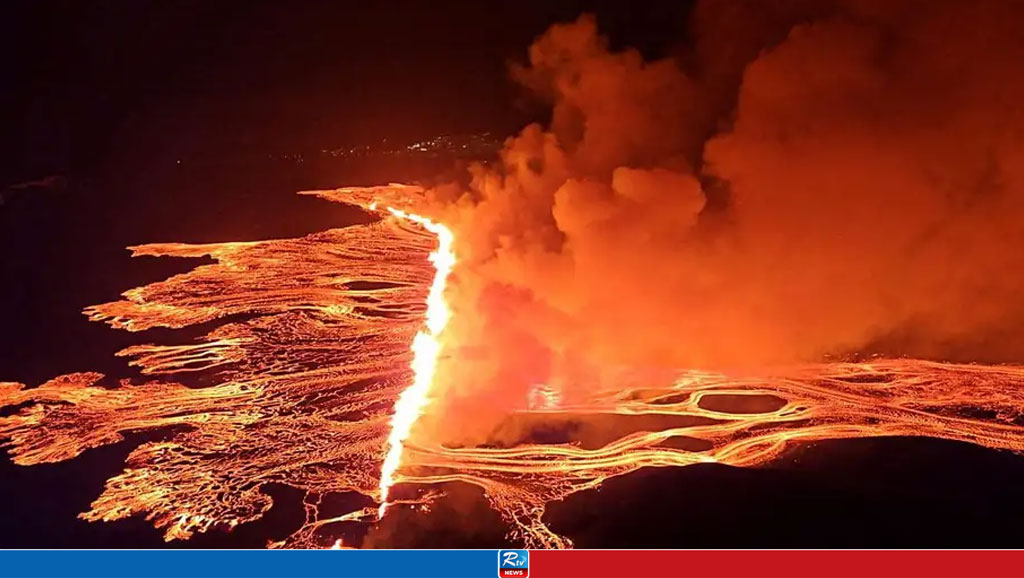
New resolution on Tibet introduced in the US House
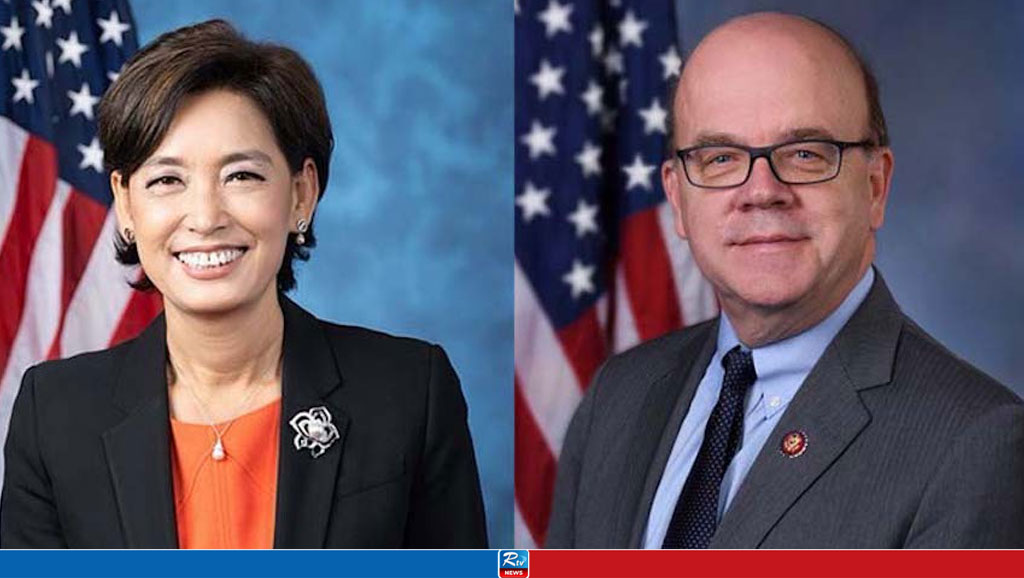
Big Tech’s trouble in China: New ‘work secrets’ law could force tough choices
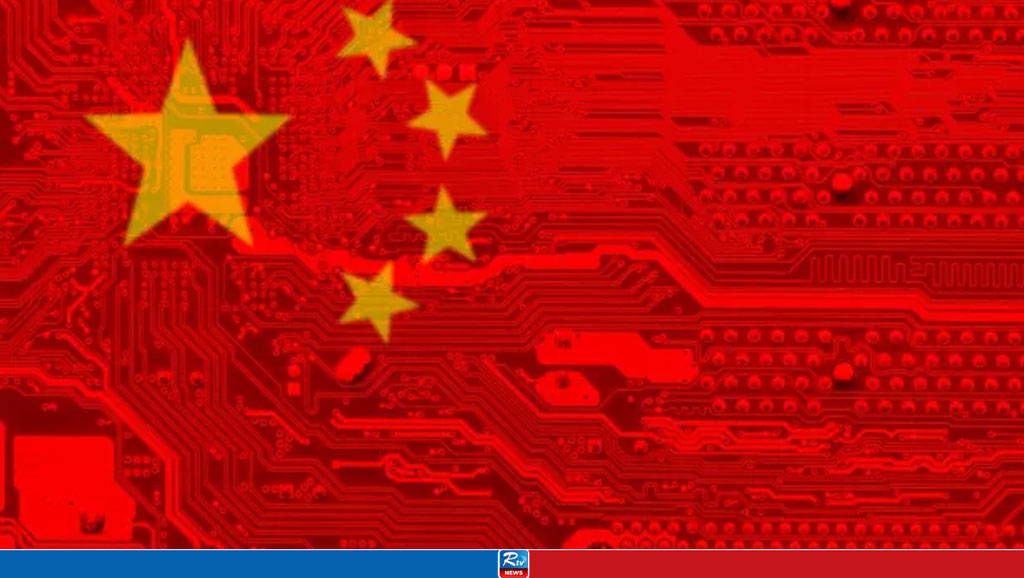
Decoding China: The race to electric vehicle dominance

China outlaws place names that fail to conform to its territorial claims

Rare hippo species born in Athens Zoo


 Live Tv
Live Tv




